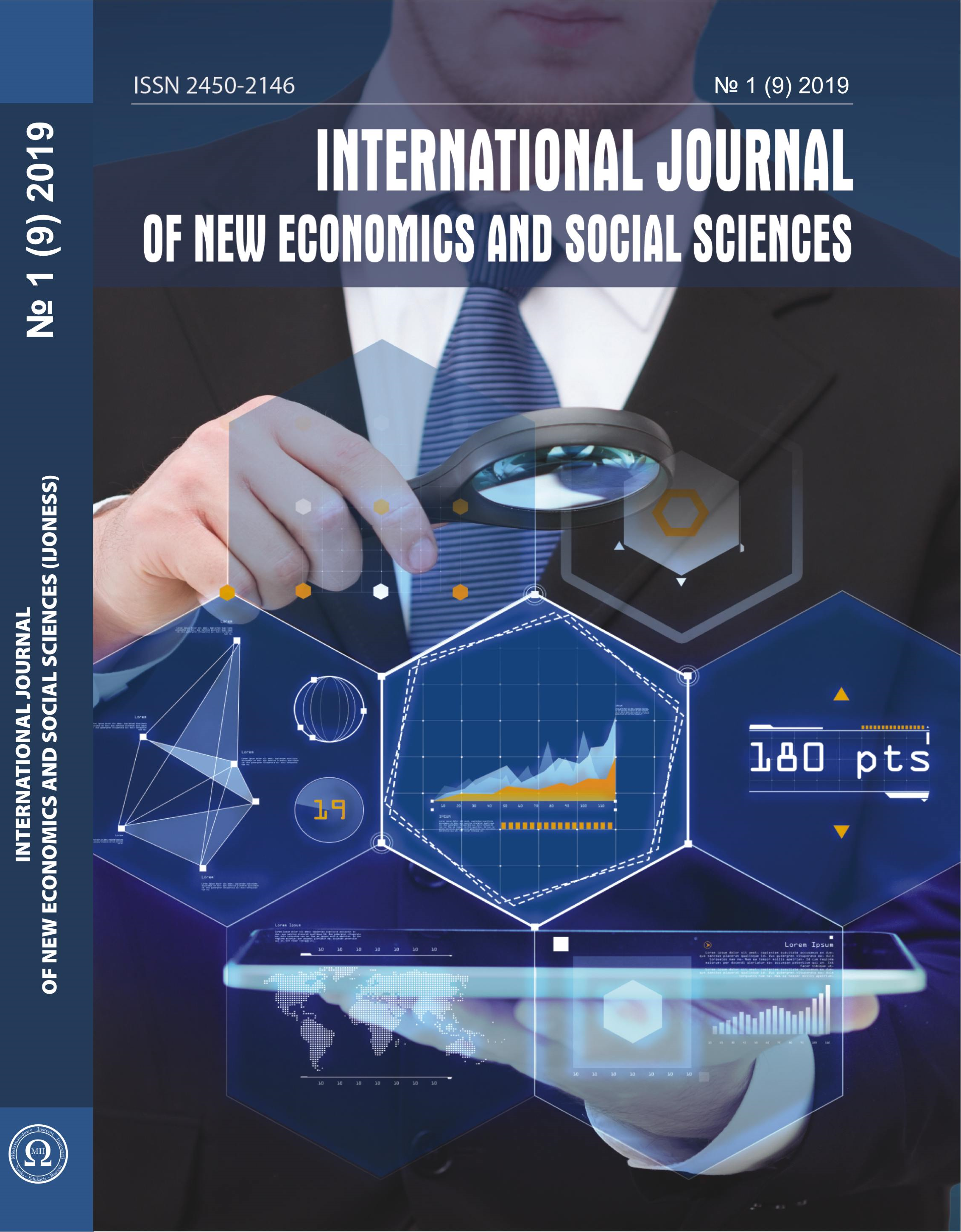STRUCTURAL BREAKS IN NATURAL GAS CONSUMPTION
AND ECONOMIC GROWTH IN NIGERIA: EVIDENCE FROM NEW TIME SERIES TESTS THAT ALLOW FOR STRUCTURAL BREAKS
STRUCTURAL BREAKS IN NATURAL GAS CONSUMPTION
AND ECONOMIC GROWTH IN NIGERIA: EVIDENCE FROM NEW TIME SERIES TESTS THAT ALLOW FOR STRUCTURAL BREAKS
Author(s): Mukhtar Danladi Galadima, Abubakar Wambai AminuSubject(s): Business Economy / Management, Energy and Environmental Studies, Sociology
Published by: Międzynarodowy Instytut Innowacji "Nauka - Edukacja - Rozwój"
Keywords: Structural Breaks; Natural Gas Consumption; Economic Growth
Summary/Abstract: This paper analyzes structural breaks in the natural gas consumption and economicgrowth relationship in Nigeria. The Residual Augmented Least Squares-Lagrange multiplier(RALS-LM) unit root test with breaks also known as “RALS-LM test with trendbreaks and non-normal errors” proposed by Meng-Lee-Payne (2017) and the structuralbreaks testing proposed by Kejriwal–Perron (2010) are among the tools used for the investigation.Our empirical findings provide significant evidence that the series of naturalgas consumption and economic growth are station-ary with one or two trend breaks. Furthermore,the investigation has identified significant incidences of structural breaks inthe relationship between natural gas consumption and economic growth in 1990, 2004,2009 and, all the breaks were found to be significant at the respective periods. The evaluationof the sub-sample periods based on the break dates revealed that the first andsecond breaks were positive and have had positive / bolstering effect on the relationshipwhile the last break appeared to have a negative /retarding effect on the relationship.Moreover, the estimate of the long-run elasticity is significant where a 1% increase in thenatural gas consumption induces the growth of Nigerian economy by 0.15% and, all thedummies that represent the breakpoints were significant as the break that occurred in2004 appeared to have a more significant effect on the relationship than did the 1990 and2009 breaks. The implication of the results is that shocks to the series of natural gasconsumption and economic growth in Nigeria have transitory effect, and hence, modelingthe relationship between natural gas consumption and economic growth in Nigeria using linear models without taking structural breaks into consideration could produce biasedand unreliable statistical results, and that the Nigerian economy depends significantly onthe natural gas consumption.
Journal: International Journal of New Economics and Social Sciences IJONESS
- Issue Year: 9/2019
- Issue No: 1
- Page Range: 273-290
- Page Count: 18
- Language: English, Polish

